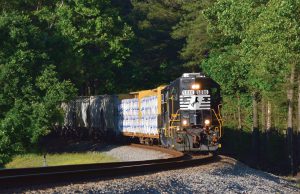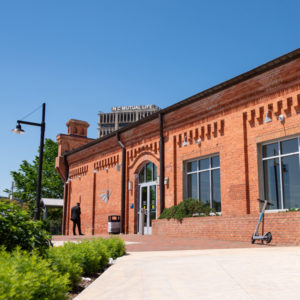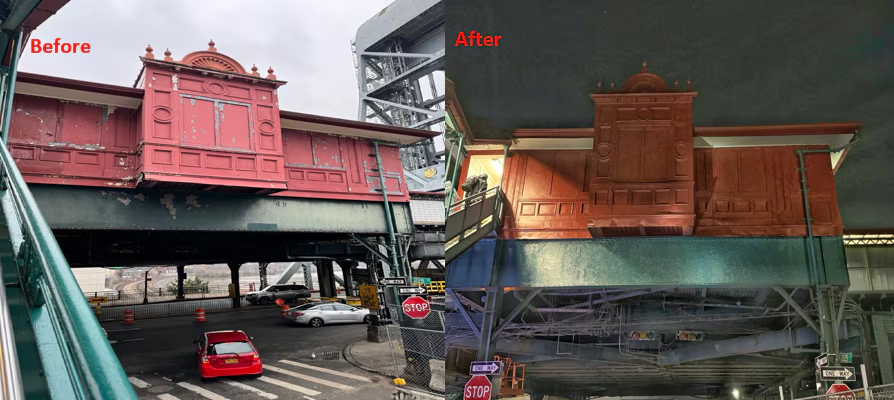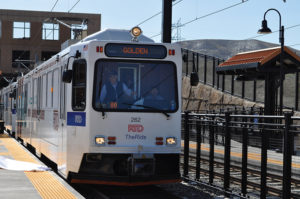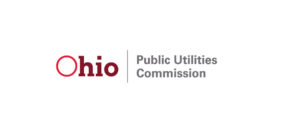New legislative plan to meet Pennsylvania’s transportation infrastructure needs
Written by jroodState Representative Rick Geist (R-Altoona), Republican Chairman of the House Transportation Committee, unveiled a package of legislative proposals designed to address Pennsylvania's transportation infrastructure funding crisis.
The Geist Transportation
Funding and Reform Package includes 11 proposals aimed at closing what has
become a more than $2-billion-a-year shortfall in transportation funding in the
Commonwealth. Geist unveiled his plan a day after the Federal Highway
Administration rejected Pennsylvania’s application to toll Interstate 80. The
plan to toll Interstate 80 and generate additional revenue to fund
Pennsylvania’s transportation needs was the financial linchpin of the transportation-funding
plan that was enacted as Act 44 of 2007.
"We knew this day was
coming ever since the day that Act 44 was enacted in July of 2007," Geist
said. "I realized at that time that the proposal to toll I-80 did not meet
FHWA requirements. The alternatives I am presenting today in this package are
viable alternatives that have not gotten due consideration during the three years
that the pending I-80 decision kept us in limbo."
The proposals include:
Public-Private Partnership
enabling legislation
For the third
consecutive legislative session, Geist is sponsoring legislation that would enable
Pennsylvania to enter into public-private partnerships, in which the private
sector could partner with government to help rebuild the Commonwealth’s
transportation infrastructure. Under these contractual arrangements, in which
the Commonwealth would maintain ownership control of the asset or facility, an
infusion of private sector capital accelerates the maintenance, improvement and
expansion of roads, bridges and other infrastructure. Twenty-eight states
already have enacted legislation that enables and provides a framework for
transportation-oriented P3s.
Design-Build
This legislation would
allow PennDOT to contract with a private firm to design and build a project
based on requirements established by PennDOT. After the project is completed,
PennDOT would operate and maintain the facility.
Extend the current level of
Pennsylvania Turnpike Commission annual payments to PennDOT for three more
years
The intent of this
legislation is to avoid a precipitous drop-off in projected funding for the
Commonwealth’s roads, bridges and mass transit systems, and gives a new
governor and General Assembly the ability to come to grips with the reality
that Interstate 80 will not be the cash cow that many had believed it would be.
The bill proposes to increase by 2.5 percent per year for the next four fiscal
years the current level of annual payment that the Turnpike Commission makes to
PennDOT. This measure would avert drastic funding cuts to mass transit, which
has come to rely on the funding promised by Act 44, and would buy some valuable
time for the Legislature to fully meet the critical challenge of funding
Pennsylvania’s transportation infrastructure.
Increase Local Transit Match
to 25 Percent
The governor’s
Transportation Funding and Reform Commission in its 2006 report recommended
that the General Assembly require the local transit match for additional
funding to be 25 percent. Currently, the state provides 87 percent of the
funding for mass transit statewide, or roughly $853 million, which ranks fourth
in the nation in the amount of state subsidies directed to mass transit.
Meanwhile, the average local share hovers around 13 percent, which ranks
Pennsylvania 16th in the nation as far as local share contributed toward mass
transit. Nationally, the average breakdown is 65 state/35 local.
Add Local Tax Options (sale
– realty transfer)
The Transportation Funding
and Reform Commission also recommended that the General Assembly enact
legislation to enable counties and municipalities to raise revenues needed for
public transit. This money could be raised by a local sales tax, an earned income
tax or a local realty transfer tax.
Geist said he will be
formally introducing all of these proposals in time for the special legislative
session on transportation that Gov. Ed Rendell said he will ask the Legislature
to convene as soon as possible.

